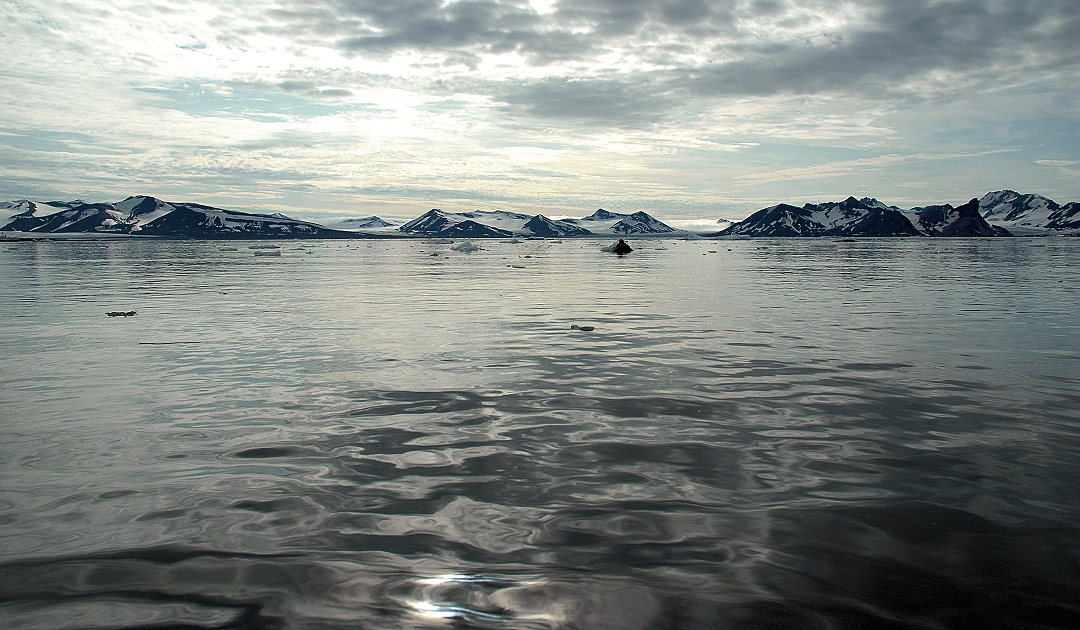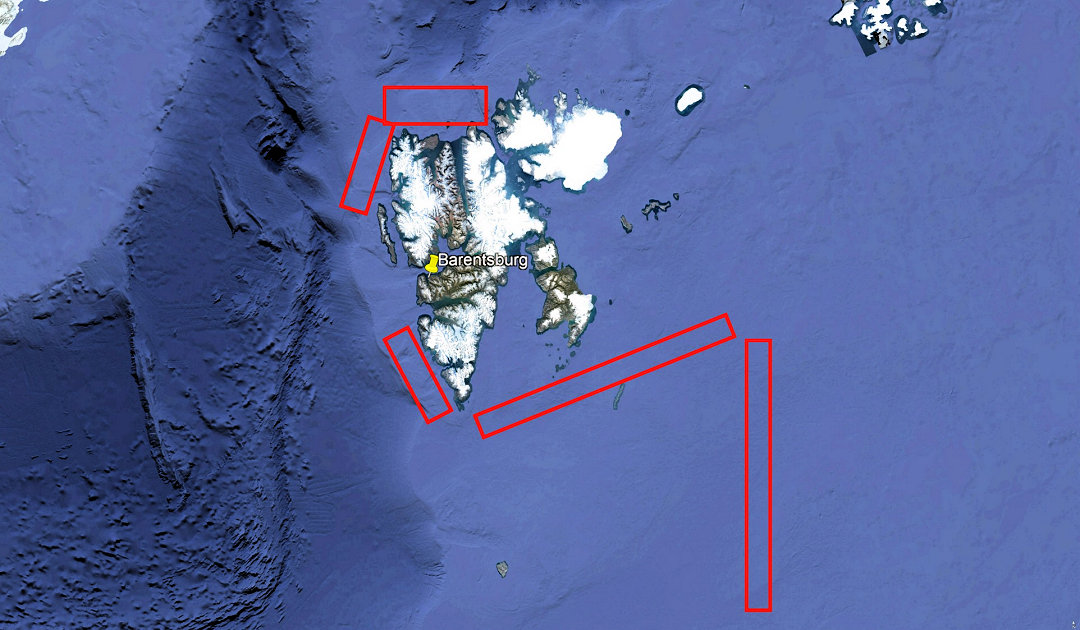
The Russian attack on Ukraine is dragging its effects into the Arctic and has isolated Russia in many areas there. The situation is particularly delicate for Norway, as the Nordic country shares part of its border with Russia and numerous bilateral agreements. This includes Svalbard, where Norway holds the administration but is still bound by the Svalbard Treaty, which Russia repeatedly insists on in its activities and challenges decisions from Oslo. A planned Russian expedition in the archipelago is providing new fuel for discussion.
An expedition ship is to collect water and sediment samples and conduct surveys in the north, south and west of Svalbard, these are the activities officially presented by Russia to be carried out as part of an expedition from mid-December 2022 to mid-January 2023 and were accordingly submitted to the Norwegian authorities. They now have to decide whether to approve this expedition, and therein lies the problem. This is because the Norwegian Foreign Policy and Defense Committee warns that this expedition poses a security risk and demands that the expedition not be given permission. But there is also the Svalbard Treaty, which actually allows Russia free access for research in and around the archipelago.

The discussion centers on the use of the Russian research vessel Dalnie Zelentsy, a ship built in 1972 and subordinate to the Institute of Marine Biology in Murmansk. “In a revised military doctrine, Russia allows the use of civilian ships for military purposes,” Ine Eriksen Søreide, chairwoman of Norway’s Foreign Policy and Security Committee, wrote in a statement to Norwegian broadcaster NRK. “This is a concern that we have to take seriously and that I expect the government to consider carefully.” Further, the former foreign minister of Norway warns that a positive decision would pose a major security risk to Norway. Indirectly, it refers to the numerous recent incidents in which various undersea infrastructures were damaged, sometimes severely, and for which Russia is blamed from various sides. “We cannot afford to be naive,” Søreide continues to write.

The Russian plans, which have been submitted by the Russian Embassy to the Norwegian authorities for consideration, envisage voyages from Barentsburg first to the north and northwest of the archipelago, then southwest and south to beyond Hopen and Kongkarlsland. From there, it should then go directly south to Murmansk. According to experts, Norway is admittedly in a quandary on this issue, since the Svalbard Treaty does allow Norway to exercise the right to deny research cruises within the 12-mile zones. But beyond that to the 200-nautical-mile limit, the margin for Oslo is smaller. In this so-called EEZ (Exclusive Economic Zone), Norway and Russia (and now Norway and the EU) are fighting over fishing rights, and Norway argues that this zone is actually under Norwegian law, while Russia has so far wanted to see the Svalbard Treaty extended to this zone as well. If Norway were to agree to this demand now in order to apply the right of refusal, Norway would also have to subject the lucrative fisheries and resource extraction in the area to the Svalbard Treaty, thus opening it up to all contracting states. So does Norway have its back to the wall?


Not necessarily, say experts. In their view, Norway could invoke the Law of the Sea to deny the expedition. This right would also be applicable in the current situation and would allow the government to say “no.” While this would cause disgruntlement and probably not improve tensions between Oslo and Moscow, it could also set a precedent. But in the end, security considerations should take precedence over everything else, experts say. Whether the authorities will refer to it remains to be seen. Currently, several government institutions, including the Ministry of Defense, the Fisheries Directorate and also the Sysselmester on Svalbard are dealing with the application. According to a press release, the State Department has not yet made a decision.
Dr Michael Wenger, PolarJournal
More on the topic






The stake of the Svalbard is growing a year after another. It did not yet reach the attention of the major media outlets around the globe but the situation of the archipelago is developing rapidly as your article and other sources explain it. Its important to know if Oslo is able to resolve this dilemma of security and the righteous way and without raising the tensions with its neighbour.